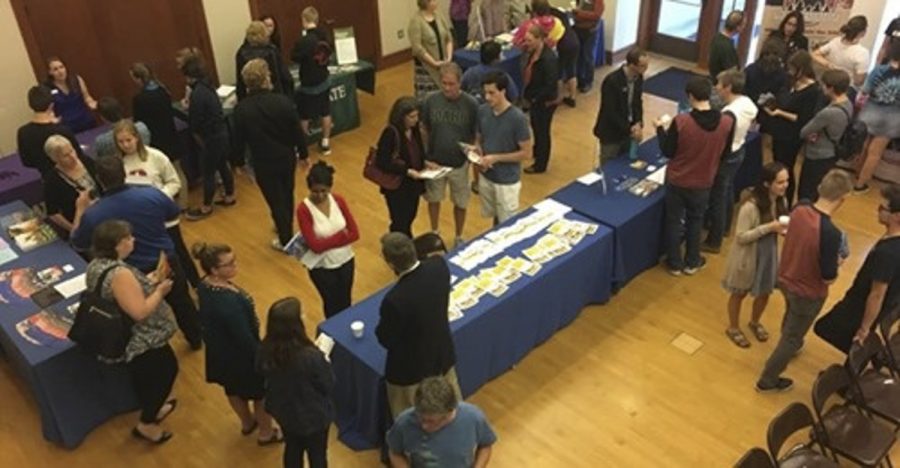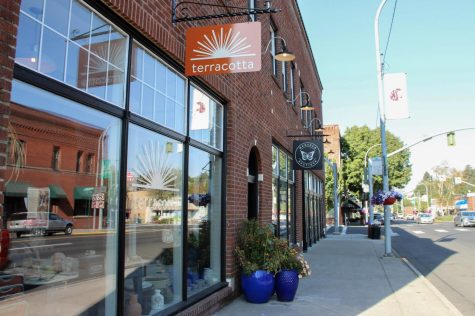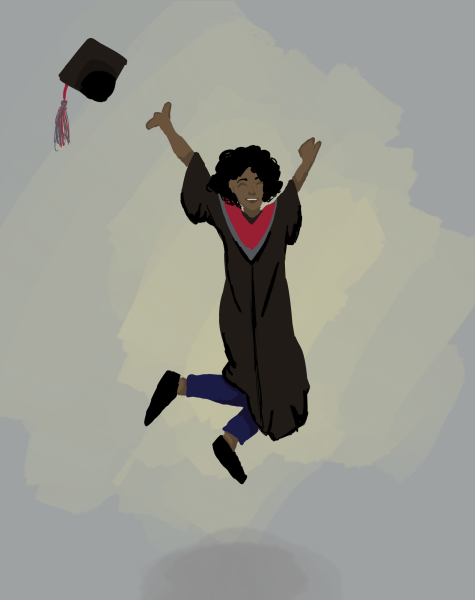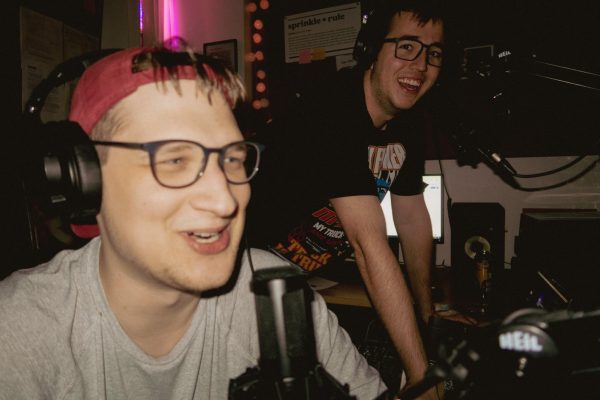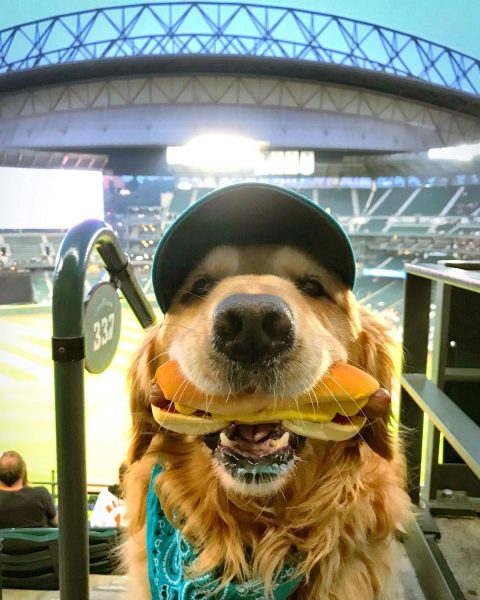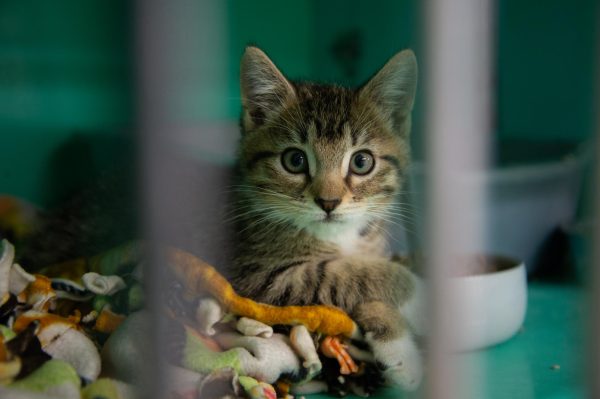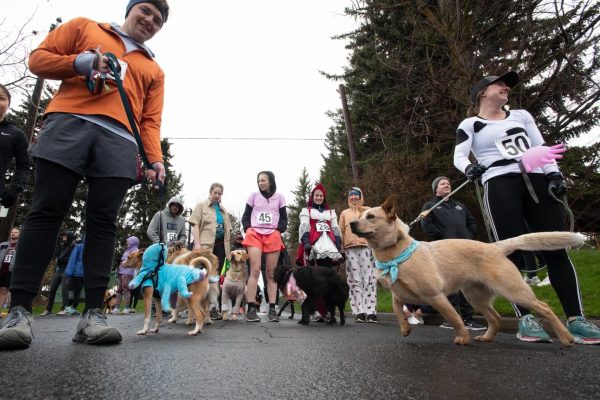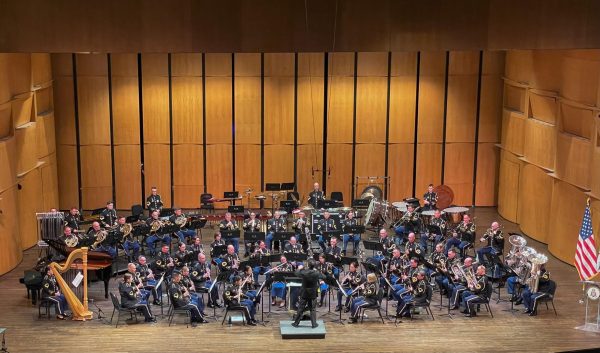Rural students’ path to higher education
Nonprofit Palouse Pathways provides high school students with workshops, financial aid information, connections to higher education
Palouse Pathways Founding Director Peggy Jenkins said the group has held virtual events recently, which has brought more traffic than usual.
October 8, 2020
One Pullman High School student expressed interest in nuclear engineering. Later down the road, Palouse Pathways introduced him to a nuclear safety manager at the Idaho National Laboratory.
Collin Bannister is a member of the Scholars Program at Palouse Pathways. The program is a volunteer-run nonprofit organization that connects high school students with resources that make universities more accessible.
“Palouse Pathways helped me explore my career and college goals,” Bannister said. “I would not know about all of the financial aid programs offered by colleges without their help.”
He is looking into applying to WSU and Stanford University to study nuclear engineering. Bannister plans to continue his work with Palouse Pathways while applying to colleges, he said.
Palouse Pathways has been helping rural students from Whitman and Latah counties, as well as the Lewis and Clark Valley, since 2013.
The mission of the nonprofit is to support local schools and students by helping them engage in college planning and programs.
Founding Director Peggy Jenkins has a background in college admissions and nonprofit work but started Palouse Pathways when her son was applying to colleges. She saw a gap that needed to be filled to support students in the Palouse region.
“Our initial goal was to make sure kids knew about all the possibilities available for them and what they needed to do to get those things,” Jenkins said.
They offer community events, scholarship workshops, presentations from universities and tools to find financial aid. All their events are free and welcome to any guests. Last year, they started the Scholars Program, which focuses on specific students who applied to the program and show interest in furthering their education.
There is a lot of interest recently from universities to tap into the rural demographic, Board President Ruta Nanivadekar said. Nanivadekar has been working with Palouse Pathways since 2017.
Jenkins said she thinks of Palouse Pathways as a tailwind for high school students.
Going virtual has helped the attendance of some of Palouse Pathways’ events, Nanivadekar said. Students who live further away can access college events online now. This month, they had virtual admission presentations from Princeton University and Brown University.
“It’s not just about getting into a college,” Nanivadekar said. “It’s about finding the right path that works for these students while finding themselves in the process.”

